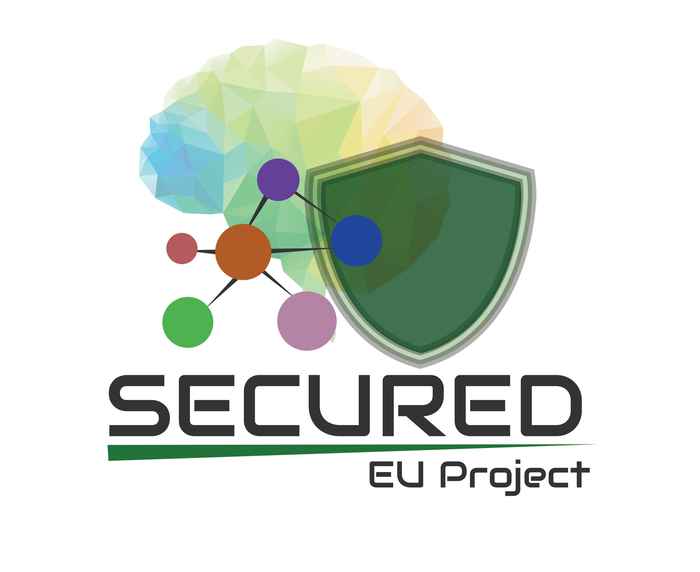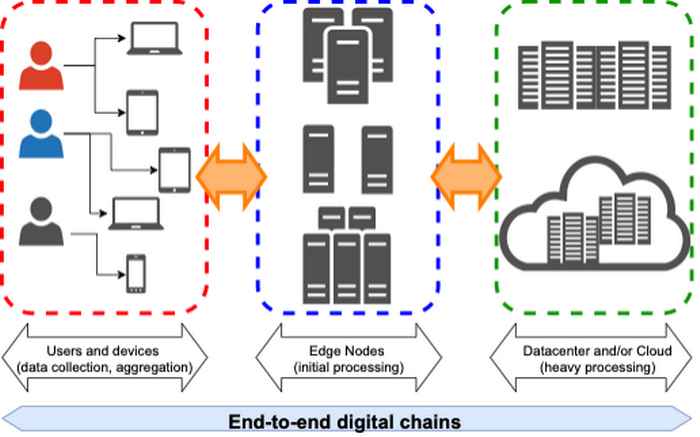Systems and Networking (S&N)
Societal context
Computer systems are ubiquitous. Today, it is impossible to imagine a world without them. Our society is completely dependent on the use of computers and the networks that connect them. Large parts of our society may come to a standstill if underlying computer systems fail to work properly.
Over time, the rapid advances in computer systems have enabled an enormous growth in computer applications, in terms of quantity, quality, as well as sophistication and complexity. The world wide web as we know it would not have been around without the underlying computer systems and networks to support it. Likewise, the current AI revolution would not have happened without the powerful computer systems that allow for efficiently training the involved AI algorithms. And these are just two examples from a long list of impactful innovations that were enabled through the advances in the underlying computer systems.
We often take computer systems and networks for granted, as they often are invisible to us, but they have an enormous impact on the speed, energy efficiency, reliability, security, and privacy of our information processing.
Scientific challenges
At IvI, we perform leading-edge research on computer systems and networks across a wide range of scales: from cloud servers and supercomputers to small embedded and IoT devices, from large-scale and emerging 6G mobile networks to small and even on-chip networks. We study these complex cyber infrastructures, taking into account the interactions between hardware, software, and data.
With respect to parallel and distributed computing systems, we study how computer systems in the so-called Cloud-to-Edge computing continuum can work as efficiently as possible, also considering energy consumption, security, and privacy. For instance, determining where best to perform a computation in the Cloud-to-Edge continuum, taking into account power, energy, and privacy requirements, is a major challenge. In addition, these systems need to evolve to satisfy changing application requirements.
We dive into challenges of the underlying hardware, like how the involved multi-core and multi-processor systems can be optimized in terms of performance, power- or energy consumption, thermal behaviour, reliability, security, and safety.
We address more abstract levels of computing and networking, by capturing and enforcing in the infrastructure the policies that make sure that different actors can share data in a secure and privacy-preserving way. Security by design, data protection, data exchange systems, and policies are an integral part of our understanding of systems and networking.
Finally, we address the completely new challenges that arise when building quantum computers, quantum applications, and the Quantum Internet.


